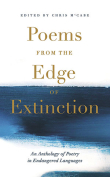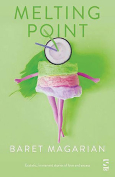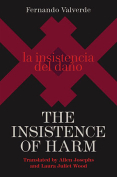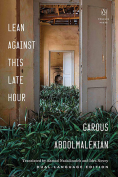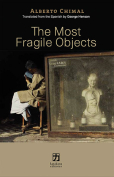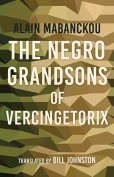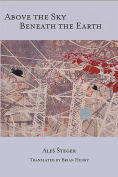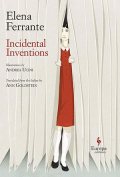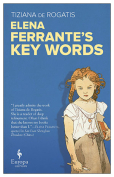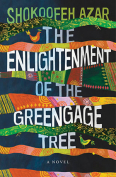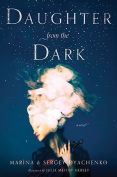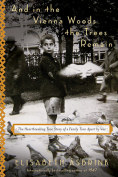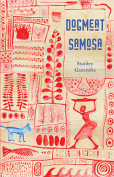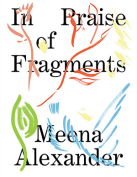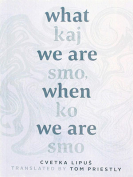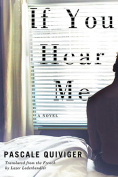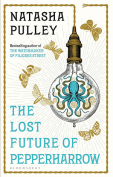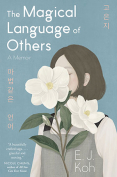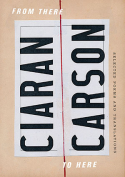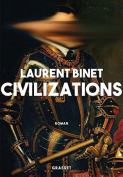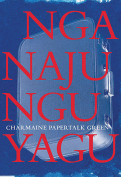The Magical Language of Others by E. J. Koh
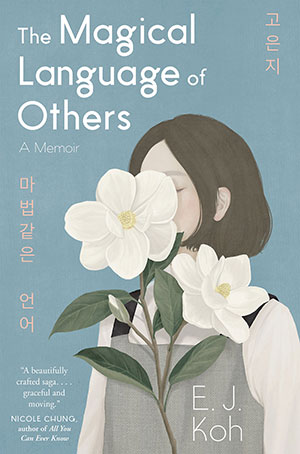 Portland. Tin House Books. 2020. 203 pages.
Portland. Tin House Books. 2020. 203 pages.
“Dear Eun Ji. Hello, hello, hello, my Eun Ji.” E. J. Koh’s memoir begins with a letter from her mother, its diction informal and lighthearted, its details almost mundane, so that readers nearly gloss over the distance implied in each word. The next page begins: “The present is the revenge of the past. There is a Korean belief that you are born the parent of the one you hurt most. I was revenge when I was born . . .” The story has barely begun, yet already it evades conventions of reader expectation and narrative form.
Koh is fifteen when her parents return to South Korea for work, leaving her and her brother to parent themselves and navigate the anger and absence alone. Three years turn into five, then seven. Her mother writes her letters every week that she, growing up and growing distant, can barely read and understand. Only years later, when she rediscovers them hidden away in a shoebox, does she begin to translate them, uncovering family secrets that connect her to a cultural and personal history fraught with separation and pain.
Told in a sequence of vignettes and punctuated by a selection of her mother’s letters, Koh traces the histories of the women in her family in an effort to reconcile her own suffering. She maps out her journey against Korea’s historical moments, from Japan’s annexation of the country to the Jeju Island Massacre to the present, in order to understand what it means to ache, to feel helpless, to make complicated choices, and to falter.
Koh draws on a rich mastery of language and contemplation as a poet, weaving a powerful narrative of strength and longing that collapses generations of history and distance in one brilliant reckoning of what it means to forgive and still remain tender. “I must choose love over any other thing. Then, the world would open up for me.”
Marci Calabretta Cancio-Bello
Miami, Florida


